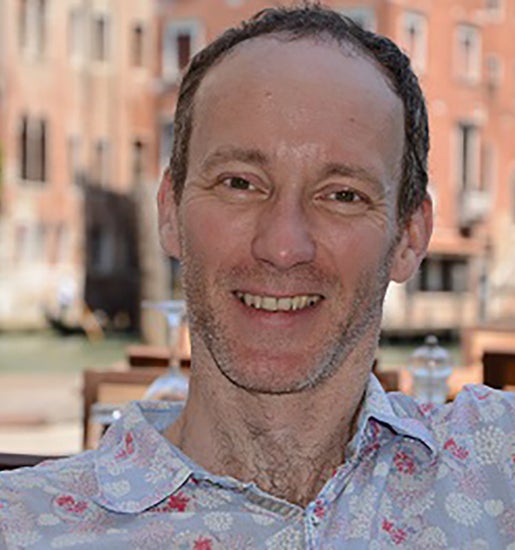2021-22 Linda Hall Library Fellows
Friends in Odd Places: Cold War U.S.-Soviet Collaboration in Earth Science
Anna Amramina is a historian of science who studies the history of earth and environmental sciences in the second half of the twentieth century. Her research interests include international science, Cold War diplomacy, and the history of Soviet science. As a native speaker of Russian with a background in intercultural communication and academic administration, her professional interests revolve around Cold War communication between American and Soviet scientists.
Bringing together expertise from the history of science, Russian/Soviet studies, diplomatic and oral history, and cultural anthropology, Anna is working on a book that centers around different models of bilateral scientific projects, the role of fieldwork in these exchanges, and the personal experiences of the mid-level American and Soviet scientists who made them possible.
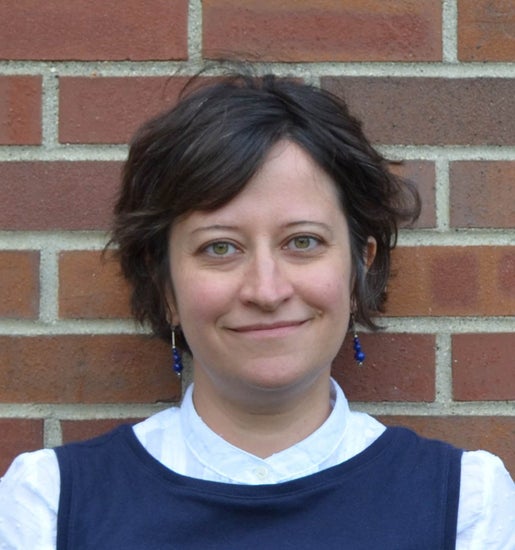
Cyberdreams of the Information Age: Learning with Machines in the Cold War United States and Soviet UnionEkaterina Babintseva is a Hixon-Riggs Early Career Fellow in Science and Technology Studies at Harvey Mudd College. Prior to her postdoctoral appointment, she completed a PhD in History and Sociology of Science at the University of Pennsylvania.
Dr. Babintseva’s research focuses on the intersections of human sciences and computing in the twentieth century. Her doctoral dissertation, Cyberdreams of the Information Age: Learning with Machines in the Cold War United States and the Soviet Union, recovers and reconstructs the previously unexamined origins of Soviet and American research in artificial intelligence. It demonstrates that in the 1960s-1970s, the Soviet Union and the US came to see the human mind as a crucial economic resource. To harness this resource, they undertook a range of efforts to build special teaching computers that would replace human instructors and gain full control over every aspect of human learning. Making computers that could manage the complexities of classroom instruction required translating human cognitive functions into a language that computers could understand. In this process, Soviet and American researchers devised new theories and models of the mind that later shaped artificial intelligence research on both sides of the Iron Curtain.
At the Linda Hall Library, Dr. Babintseva will work with the collection of Soviet scientific and technical journals to turn her dissertation into a book manuscript. Focusing on the academic publications in artificial intelligence, management, and industrial automation, she will use her fellowship appointment to deepen her understanding of the social, political, and intellectual contexts where experiments with computerized pedagogy were carried out. The resulting book will examine how efforts to manage human learning reflected converging Soviet and American visions of valuable minds and good thinking in the age of computerization.
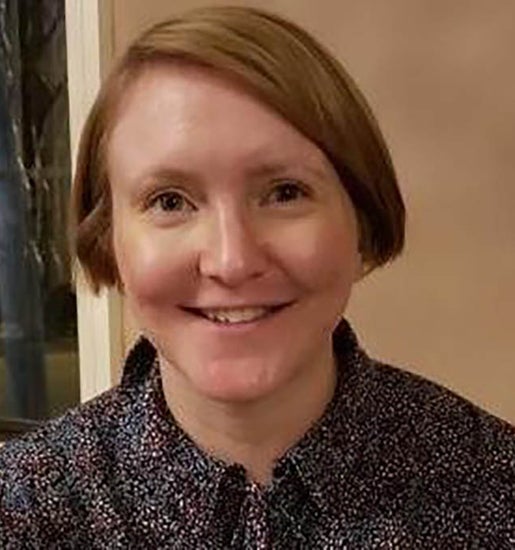
From Wasan to Yōzan: A Translation of Mathematics in Nineteenth-Century Japan
Mark Yu-Shan Chen is a PhD student in the Department of East Asian Languages and Civilizations at Harvard University, who is studying the history of science in early modern and modern Japan from a history of knowledge perspective. His research tries to understand the process through which cognitive claims were constructed and translated in Japanese scientific texts. He is particularly interested in understanding how Western sciences took hold in Japanese epistemological contexts and how they were perceived and applied by academics, educators, and members of the public.
As a fellow at Linda Hall, Chen will investigate the encounter between wasan (traditional Japanese math) and Western mathematics. He plans to use early translations of Western mathematics, Edo and Meiji-era wasan texts, as well as scientific and technical texts that make use of wasan to trace and analyze the translation of Western mathematics alongside the evolving identities and applications of wasan.
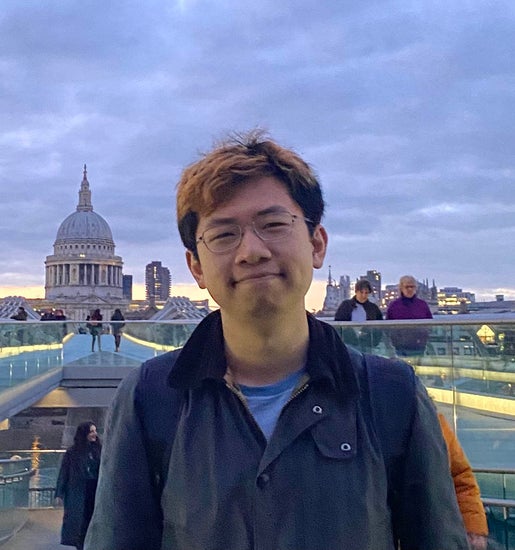
How Infrastructures Age: Engineering, Nature, and Environmental Justice in the Lower Mississippi Delta Since 1930
Hannah Conway is a PhD Candidate in the History of Science department at Harvard University. They are an interdisciplinary scholar working at the intersections of history, STS, and visual art in Appalachia and the Deep South. They hold MAs in History and the History of Science from the College of Charleston and Harvard University, as well as a BS in Technical Photography from Appalachian State University, and currently reside full time in Memphis, Tennessee.
Conway’s doctoral dissertation is a multi-sited historical, ethnographic, and critical media practices study that traces the development and aging of large technological systems in Memphis, Tennessee, Jackson, Mississippi, and the lower Atchafalaya basin of Louisiana. Each site has been chosen because of a present, community-identified concern over infrastructure siting, maintenance, or repair that tangibly impacts everyday lives and livelihoods, as well as the health of the surrounding environment and communities.
By focusing on the lifetimes of infrastructures as they expand across human generations, Conway’s work brings to the foreground the interconnections between technology and nature; how engineers navigate not just technological challenges but also environmental, community, and political concerns in the siting, construction, and maintaining of large technological systems; and how local communities gather, interpret, and communicate knowledge about the infrastructure systems that are meant to serve them. They conjoin the technological and environmental histories of the Delta region to consider the implications and impacts of infrastructure construction on both community livelihoods and environmental health. In doing so, their project situates infrastructure failure and maintenance as central concerns of communities fighting for environmental justice and seeks to understand how infrastructure construction mediates our relationships to each other and the land.
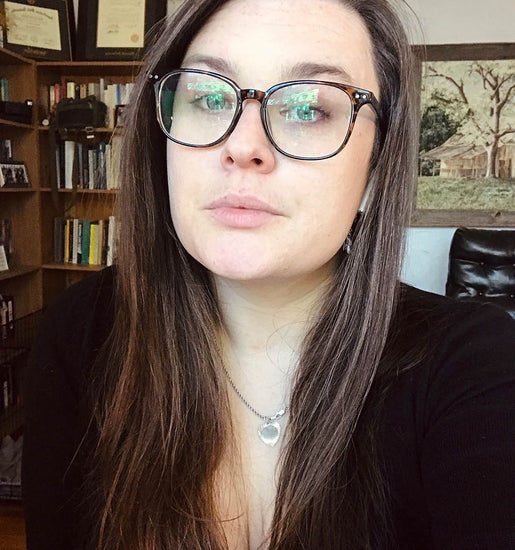
Comets in the Early Americas: Atlantic Dimensions of Astronomy in the Colonial World
Thomás Haddad turned to the history of science more than a decade ago, after completing graduate work in fundamental physics at the University of São Paulo, Brazil, where he became an associate professor. His broad interest is in the cultural and political history of stargazing in the seventeenth and eighteenth centuries across the Atlantic and Portuguese colonial worlds. He is also interested in Moon maps and mapmakers, and his monograph Maps of the Moon: Lunar Cartography from the Seventeenth Century to the Space Age was published by Brill in 2019. He was a long-term fellow at the John Carter Brown Library, where he co-curated with Nydia Pineda the digital exhibition, academic program, and digital humanities initiative Constellations: Reimagining Celestial Histories in the Early Americas. From 2014 to 2020 he was the editor of the Brazilian Journal for the History of Science.
His current book project investigates comet sightings in the Americas in the second half of the seventeenth century from a trans-regional perspective, bringing together Brazil, New England, New Spain, and Peru. At the Linda Hall Library he will be particularly interested in ideas about comets that were developed in the colonial societies of the New World – ideas that were not mere adaptations of European forms of astral knowledge, but the result or the starting point of critical exchanges between very active authors and readers from either side of the ocean.
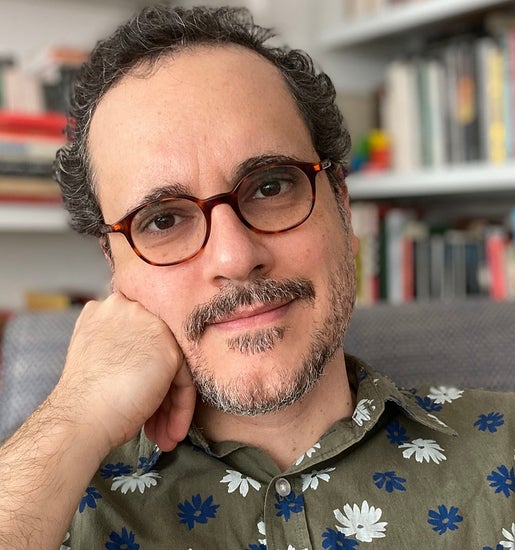
Bacteriophages and Antibiotics: The History of Cold War Politics of Antibiotic Resistance
Miriam F. Lipton is a Ph.D. candidate in History and Philosophy of Science at Oregon State University. Her dissertation, tentatively titled “Bacteriophages and Antibiotics: The History of Cold War Politics of Antibiotic Resistance,” explores the ways that U.S. and Soviet scientists treated bacterial infections amidst growing antibiotic resistance during the early part of the Cold War. Miriam will consult the Linda Hall Library’s vast collection of Soviet medical journals to gain a deeper understanding of the Soviet perspective on the treatment of bacterial infections during that era.
Miriam’s research has been funded in part through a W. Stull Holt Dissertation Fellowship from the Society for Historians of American Foreign Relations, a Ph.D. Research Support Grant from the American Institute of the History of Pharmacy, a grant from the American Society for Legal History, and the Oregon SYLFF Award for International Research from the Ryoichi Sasakawa Young Leaders Fellowship Fund. Additionally, Miriam twice was awarded a U.S. State Department Critical Language Scholarship to study Russian in Russia and she has worked for the World Health Organization and the National Institutes of Health.
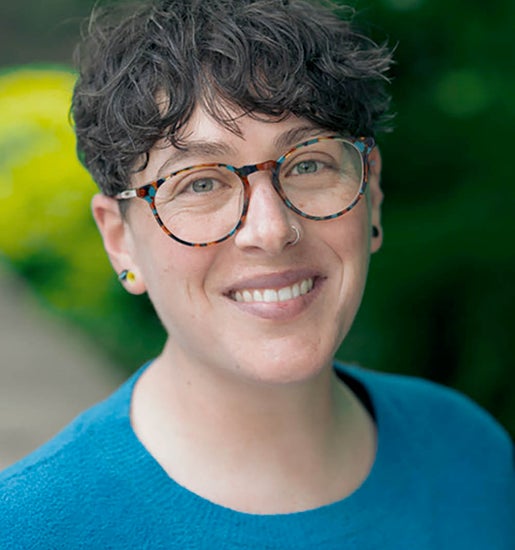
Responsibility and Recovery of the Great Flood of 1910 in the Seine Basin: Negotiating French Citizenship Beyond Paris
Claire Mayo is a doctoral candidate in Modern European History at the University of Tennessee, Knoxville (UTK), with interests in the environment, disaster studies, and cultural history of France in the nineteenth and twentieth centuries. She also studies with the Disasters, Displacement, and Human Rights Program in UTK’s Department of Anthropology. Her interdisciplinary dissertation titled, “Responsibility and Recovery in the Great Flood of 1910: Negotiating French Citizenship beyond Paris,” examines the largest flood of twentieth century France that resulted in tens of millions in damages throughout the Seine Basin. By extending the timeline of the disaster beyond the flood’s two-week duration, Claire shows an ongoing disaster in the Seine’s headwater region where rural residents used the rhetoric of rights to gain access to needed reparations for rebuilding local economies. Disaster recovery thereby became a contested process of nation formation. This research thus considers the question: recovery for whom?
At Linda Hall Library, Claire will research the longer history of engineering the Seine Basin to understand how hydrology determined who had access to technology and water. Flooding was not new to this region: local communities had oriented economic life around the annual winter flood pulse for centuries. Throughout the nineteenth century, however, French civil society shifted from viewing disasters as natural cataclysms to public calamities with explanatory causes that could be corrected through state-organized intervention. Sources from the Linda Hall Library will elucidate how technology altered expectations of the annual flood pulse to the extent that riverside communities were at greater risk in 1910 than in previous floods. Perceptions of risk and responsibility during the flood matter since they informed reparation claims for disaster recovery.
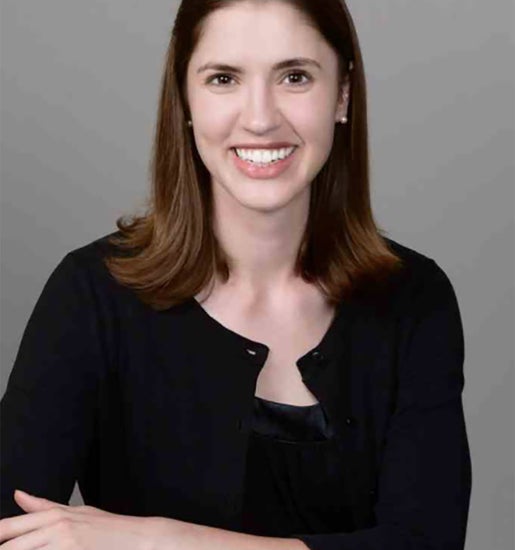
(Dis)Placing Necaxa: Power Networks and Erased Histories in Mexico (1890s-1914)
Diana J. Montaño is Assistant Professor at Washington University in St. Louis. Her teaching and research interests broadly include the construction of modern Latin American societies, focusing on technology and its relationship to nationalism, everyday life, and domesticity. Her book, Electrifying Mexico: Technology and the Transformation of a Modern City (in press), looks at how “electrifying agents” (businessmen, salespersons, inventors, doctors, housewives, maids, and domestic advisors) used electricity, both symbolically and physically, in the construction of a modern city, self, and the other. Taking a user-based perspective, Dr. Montaño reconstructs how electricity was lived, consumed, rejected, and shaped in everyday life. Her work has appeared in History of Technology and Technology’s Stories. Her article “Ladrones de Luz: Policing Electricity in Mexico City, 1901-1918,” on power theft appeared last February in the Hispanic American Historical Review. She is co-editor of the University of Nebraska Press’ book series Confluencias on Mexican history.
At the Linda Hall Library, Dr. Montaño will begin research for her second book project, (Dis) Placing Necaxa, which will explore the transnational networks of capital, expertise, and machinery that contributed to the creation of the Necaxa hydroelectric complex in southern Mexico. This project seeks to rescue the histories of towns, indigenous workers, and water bodies that were displaced—both by force and voluntarily—during its construction. It will also trace how certain everyday native technologies were incorporated in the construction of the Necaxa complex but have remained uncredited.
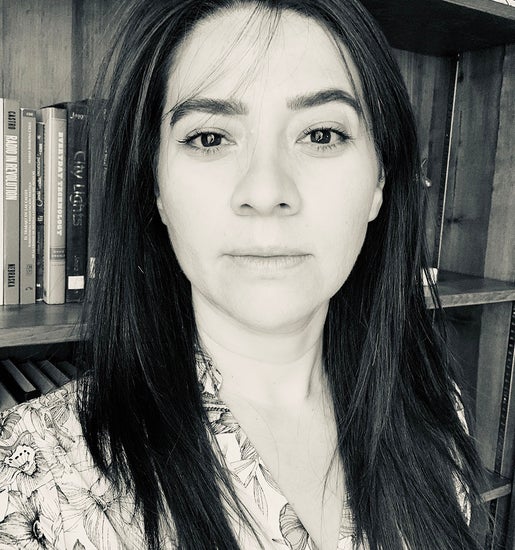
Galileo’s Books
Nick Wilding is a historian of Early Modern Europe, the history of science, and the history of the book. He is the author of two books: Galileo’s Idol: Gianfrancesco Sagredo and the Politics of Knowledge (University of Chicago Press, 2014) and Faussaire de Lune (Bibliothèque Nationale de France, 2016), as well as a dozen book and journal articles. He has held fellowships at the Medici Archive Project, Stanford, Cambridge, Columbia, the American Academy in Rome, the New York Academy of Medicine, and the Rare Book School. His current research on book forgery has been featured in The New York Times and The New Yorker.
During his fellowship at the Linda Hall Library, he will undertake a thorough analysis of their collection of Galileian books, from first editions to later collections, to chart the ways the Italian natural philosopher was published, read, and collected.
